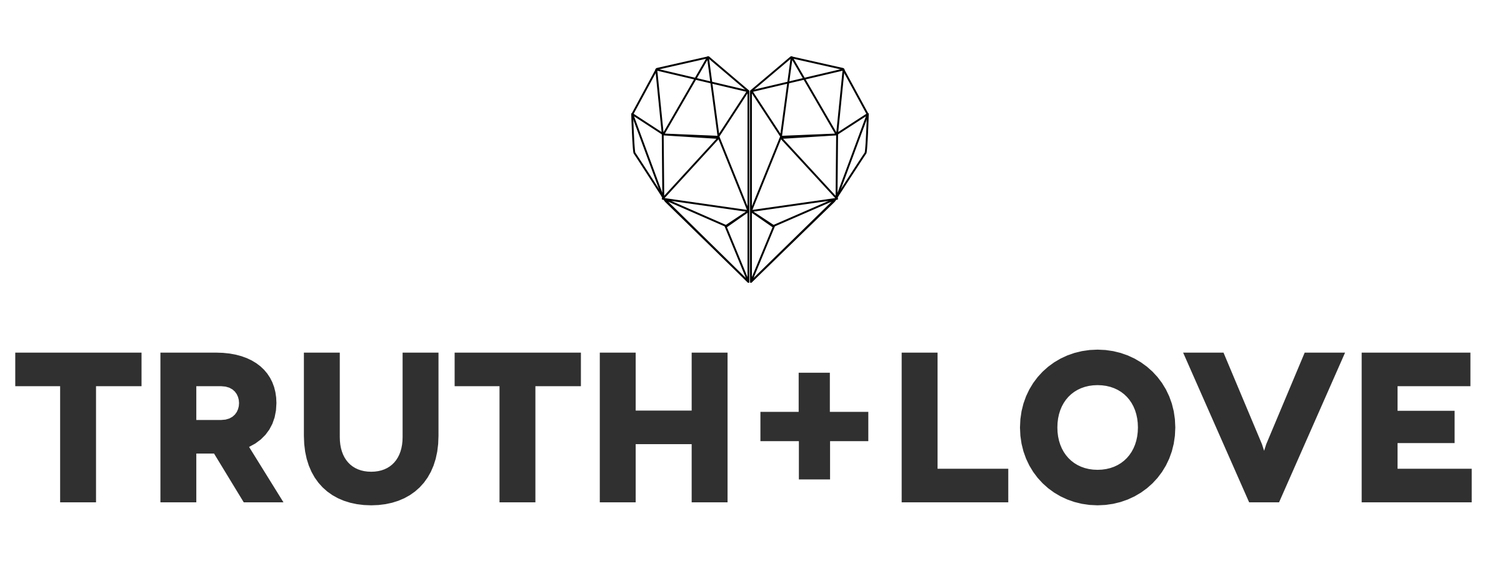The early bird alarm clock: A divine invitation to defend your inner territory
A Contributor Piece written for the Redbud Hyphen. Read the full article HERE.
Summer nights called for open windows and cool breezes, a welcome change. But the dawn chorus at 5:30 am? Not so much. Those feathered serenades often led to desperate window shutdowns in a bid for more sleep.
But over time, the birds' persistent chirping transformed from annoyance to intrigue. Their early morning song, I learned, was a territorial defense tactic. This sparked a powerful realization: I too needed to defend my territory—my mind, heart, and soul.
The link between my morning mindset and the rest of my day became undeniable. When I began the day overwhelmed by challenges, my perspective narrowed, impacting everything I encountered.
Those early morning birds, in a way, woke me from a deeper slumber—a passive state that kept me stuck and reactive. Defending my inner territory goes beyond just a good morning routine. It's about staying alert to distractions that lull me back into a passive state, making me vulnerable to negativity.
Distractions of any kind constantly work to deceive us from ourselves. The rumblings and aches in our souls surface when we quiet down. But noticing these internal whispers can be uncomfortable, even scary at times. So we reach for distractions—the newsfeed, that one more episode, the endless scroll—to avoid facing what lies beneath the surface. We must be willing to ask ourselves this critical question: "What kind of life are we living if we never know what is happening on the inside of us?"
We owe it to ourselves to pay attention to what is distracting us. What are the indicators pushing and pulling for our focused energy? Is it the next news article, often filled with negativity and anxiety, or just one more scroll through social media, comparing our lives to unrealistic portrayals of perfection? Is it the pursuit of the perfect body, an airbrushed image in a magazine, or the perfect house, a picture on a website? These distractions will never satisfy. They are, in fact, symptoms of deeper issues in the root systems of our soul.
There is something to be discovered beneath our distractions.
They are pointing us to the doorway leading to our interior selves. Perhaps it's a nagging feeling of discontent, a yearning for something more fulfilling. Maybe it's a fear of inadequacy or a dream that feels out of reach. Ignoring these whispers keeps us stuck in a cycle of busyness and emptiness.
Walking through the doorway to our inner selves is the first step toward healing and wholeness. But like any important journey, it requires wisdom and a trusted companion. We are not meant to travel this road alone.
The Holy Spirit guides on this inward odyssey. Imagine the Holy Spirit as a gentle light illuminating the path ahead, removing obstacles and casting aside shadows of doubt. This journey is not predictable or straightforward. The terrain will be unique for each of us, with winding paths, hidden valleys, and even mountains to climb. But with the Holy Spirit by our side, we can navigate the twists and turns with courage and trust.
Today, the invitation is to begin by turning off distractions and turning on our souls' awareness. Here are five strategies to fortify your inner territory:
Simplify
The information age's noise is deafening. The constant pursuit of "catching up" with the latest news or trends creates a false sense of security and control. Imagine the space that would open up if we quieted the external noise, allowing us to confront what lies beneath the surface. Start by setting boundaries around your information consumption. Maybe designate specific times to check the news or social media, and stick to those limits. Disconnect for periods throughout the day and rediscover the quiet. In the stillness, you might be surprised by what emerges from within.
Listen
When the external noise subsides, the internal noise emerges. Pay attention to the rumblings in your mind and the aches in your heart. What unmet longings are revealed? What fears need addressing? What dreams yearn to be released? With the Holy Spirit's guidance, listen to the whispers of your inner self, ready to be healed and unleashed.
Journal
Journaling can be a powerful tool for self-discovery. Take some time each day, even if it's just a few minutes, to write down your thoughts and feelings. Don't worry about grammar or spelling; just let the words flow freely. As you write, patterns may emerge, and you may begin to identify areas that need attention.
Meditate
Meditation can help you quiet the external noise and connect with your inner self. Find a quiet place where you can sit comfortably and focus on your breath. Allow your thoughts to come and go without judgment. With practice, meditation can become a powerful tool for self-awareness and inner peace.
Respond
Our response matters. What we do with these newfound revelations is crucial. We serve a loving God who sees, hears, and knows us completely. His love is unwavering, regardless of our actions or words. The absence of distractions allows us to strengthen our connection with Him. Prayer is honest communication with God, revealing the true state of our hearts. What if the distractions are preventing us from hearing the most important voice in our lives?
As the psalmist declares, "Because he bends down to listen, I will pray as long as I have breath" (Psalm 116:2, NLT). Let's respond to God's love with open hearts and a commitment to uncovering the treasures within.

